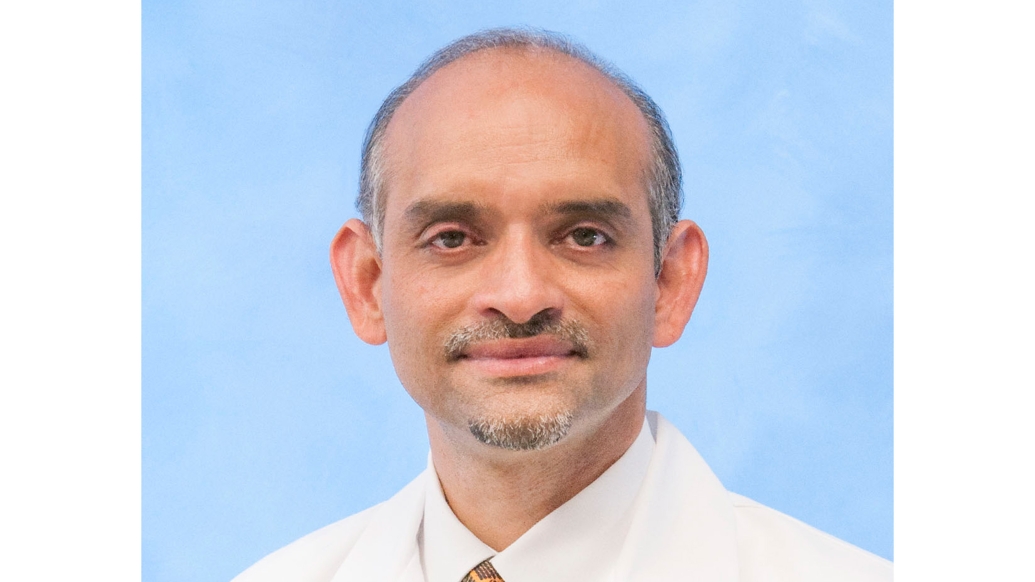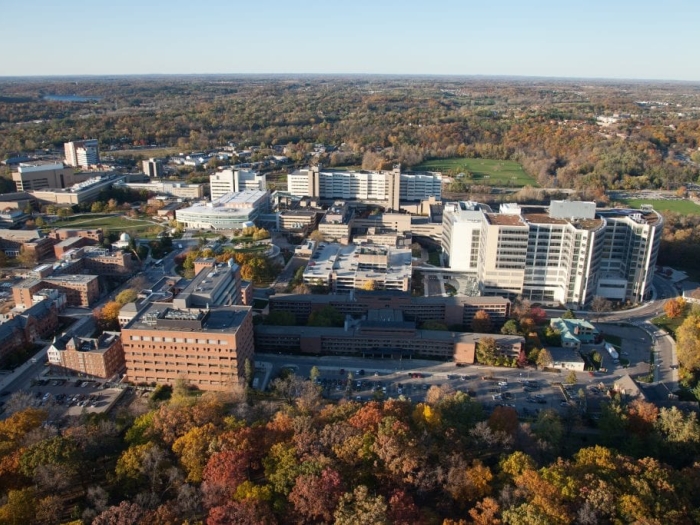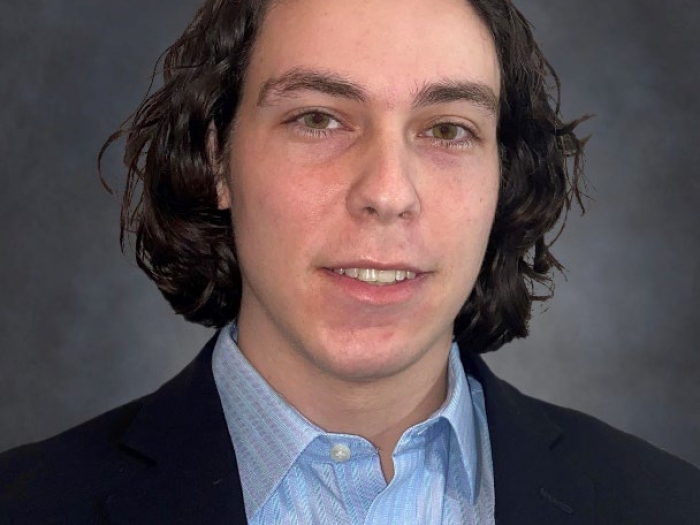A request for the board to appoint him as permanent chair — and the William G. Barsan Collegiate Professor of Emergency Medicine — will be considered at its July meeting
Author |

UPDATE: Dr. Mahajan was appointed Emergency Medicine chair at the July 18 Board of Regents meeting.
Today, the Board of Regents approved the appointment of Prashant Mahajan, M.D., MPH, MBA, as interim chair of the Department of Emergency Medicine in the Medical School, effective July 1, 2024. A request for the board to appoint him as chair — and the William G. Barsan Collegiate Professor of Emergency Medicine — will be considered at its July meeting.
Mahajan is vice chair of the U-M Department of Emergency Medicine, and a tenured professor and section chief of Pediatric Emergency Medicine. Prior to joining U-M faculty in 2016, he was on the faculty at Wayne State University in the departments of Emergency Medicine and Pediatrics, and also at Children’s Hospital of Michigan. He served as director for quality and innovation, chief of the Division of Emergency Medicine, and medical director of the Children’s Research Center of Michigan.
Mahajan earned his medical degree and completed his residency in pediatrics through the University of Bombay in India. He then completed a residency in pediatrics, including a year as chief resident, and a fellowship in pediatric emergency medicine at Children’s Hospital of Michigan. He has an MPH from the University of Michigan and an MBA from the University of Massachusetts.
Mahajan is founding chair of the Emergency Medicine Research and Education network by Global Experts (E.M.E.R.G.E.), a global network of 20 academic emergency departments in more than 15 countries. He also is director of Research and Education in Acute Care with Advanced Technology (REACT), and past chair of the Section of Emergency Medicine for the American Academy of Pediatrics.
Mahajan's research focuses on clinical decision-making in austere circumstances. He investigates host immune response in pediatric infectious (sepsis) and inflammatory conditions (asthma). He studies how clinicians make decisions in the emergency department in real-time to enhance diagnostic safety and excellence. He has been continuously federally funded for the past 25 years.

Professor





